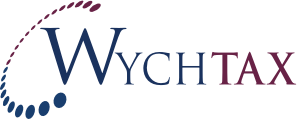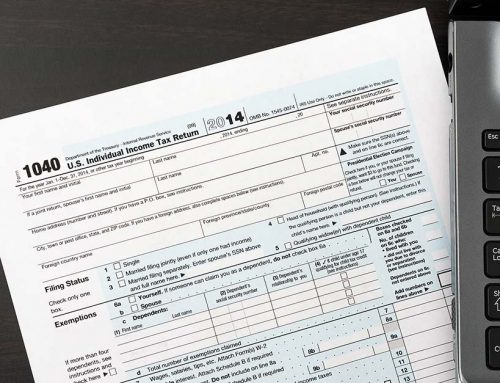Demystifying Retirement Plans from Your Fort Collins Accountant
Vanilla, chocolate, or strawberry? Shaken or stirred? Americans love to have options. But, when it comes to funding retirement, the number of choices available can lead to confusion and frustration. Furthermore, it can result in a total lack of action to get one or more retirement funds started, which hurts your chances of retiring with the lifestyle you are envisioning. So, as a trusted Fort Collins accountant, we are sharing a quick overview on the major types of retirement funds that you can use as a foundation for making informed decisions.
The Many Ways to Set Money Aside
To encourage people to save for their retirement years, the government has created several different retirement fund categories that meet different needs. Below is a general summary of some of the most common options. However, before you choose one or more of them, we encourage you to talk with a Fort Collins accountant like Wych Tax. We can help you get clarity on your financial objectives and ways to achieve them, which includes explaining the contribution and withdrawal restrictions with each type of account.
- 401(k) plan. Named for the part of the tax code that governs them, this is a company-sponsored retirement plan into which employees can make tax-deductible contributions. Often companies will “match” that contribution in order to receive a tax deduction for themselves. The amount that you can contribute each year is set by the government based on factors including your age. There are penalties for removing money from a 401(k) plan before you reach retirement age.
- Traditional IRA (individual retirement account). This type of account was created in 1975 and is the first government-sponsored retirement savings tool to provide tax advantages as an incentive for putting money aside. The amount paid into a traditional IRA, up to government-set limits, can be deducted from your annual income. As with a 401(k), there are penalties if you remove money from a traditional IRA before retirement age.
- Roth IRA. This type of IRA is different from a traditional IRA in two primary ways. First, you cannot deduct contributions from your taxes. Second, contributions grow tax-free rather than just tax-deferred, meaning your withdrawals are not taxed. People or married couples above certain income levels cannot contribute to Roth IRAs.
- 403(b) and 457 plans. These retirement funds are similar to 401(k) plans but are only available to employees of educational and nonprofit organizations. So, the annual contribution limits are the same as for 401(k) plans.
- Simple IRAs and Simplified Employee Pension Plans (SEPs). These plans are primarily for people who are self-employed or who work for small businesses. Again, there are limits to contributions and penalties for early withdrawal.
The Right Plan for Your Retirement Goals
Everyone has unique needs and goals relating to retirement. Working with a Fort Collins accountant like Wych Tax can help you clearly define your objectives and select the retirement plan or plans that will help you have the lifestyle you want after you stop working. Contact us today to find out how we can help you get on track for enjoying your golden years.






